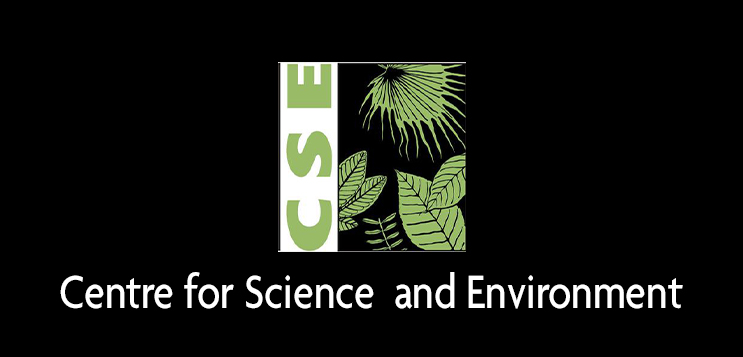
New report by CSE calls on developing countries to impose a “historical polluter tax” to counter the EU’s CBAM, shifting the responsibility for emissions back onto wealthier nations.
In a world increasingly divided by climate responsibilities, the European Union’s latest carbon tax– CBAM- risks deepening the inequality between the Global North and South. For India, a country striving to grow its industries, this new policy could have far-reaching consequences. This new policy is more than just the tax. It’s a reminder that the rules of the game have changed, and for countries like India, the stakes have never been higher.
The Centre for Science and Environment (CSE) recently issued a report critiquing CBAM, which places a tax on carbon-intensive goods imported into the EU. The aim is to ensure that EU industries, already burdened by strict environmental regulations, are not undercut by cheaper imports from countries with less stringent carbon rules. At first glance, this sounds like a logical move towards a greener future, but for developing nations, it’s a policy fraught with challenges.
India, whose exports of CBAM-covered goods to the EU account for nearly 10% of its total exports to the bloc, could be hit particularly hard. With an additional 25% tax on goods like steel, cement, and aluminium, India faces the prospect of losing 0.05% of its GDP—no small figure for an economy still charting its post-pandemic recovery. The CSE warns that these taxes could make Indian industries less competitive, raising production costs and hindering growth in sectors critical to the nation’s future.
Sunita Narain, Director General of CSE, has been vocal in her criticism of CBAM, calling it a “unilateral measure” that unfairly shifts the burden of decarbonisation to the developing world. “This,” she warns, “is when developed countries themselves have not reduced their emissions sufficiently and continue to occupy carbon space.” Narain highlights a critical point in the global climate debate—the countries that have historically contributed the most to greenhouse gas emissions are now placing the financial burden of transitioning to clean energy on nations that are still trying to build their economies.
Claudia Contreras, an Economic Affairs Officer at UNCTAD, offers a more technical critique, pointing out that CBAM should align with the principles of the Paris Agreement. The policy, she suggests, needs to account for whether developing countries have the infrastructure and resources to comply. The issue isn’t about imposing a carbon tax. It’s about recognising the capacity differences between nations that are still industrialising and those that have already benefitted from decades of carbon-heavy growth.
In response to CBAM’s challenges, CSE has proposed several strategies. One of the most striking aspects is the suggestion that developing countries like India introduce a counter-tax on wealthy nations. This “historical polluter tax” would hold developed countries accountable for their disproportionate share of global emissions over time. The revenue generated could then be reinvested in India’s own decarbonisation efforts, helping the country to transition to cleaner technologies without crippling its industries.
Another recommendation is for India to impose a domestic carbon tax on exports header for the EU. This would allow India to retain the tax revenue domestically, using it to support its own green transition. CSE also suggests diversifying production methods, ensuring that greener technologies are prioritised for exports to markets with stringent carbon regulations like the EU.
India’s path to balancing industrial growth with global climate demands is increasingly complex under the EU’s CBAM. As the world moves toward a low-carbon future, international climate policies must reflect not just environmental imperatives but also economic realities. If CBAM and similar policies fail to acknowledge the developmental challenges of nations like India, the global effort to combat climate change may inadvertently exacerbate the very inequalities it seeks to resolve. Climate justice must be central to the conversation, ensuring that no nation is left behind in the pursuit of a greener planet.
